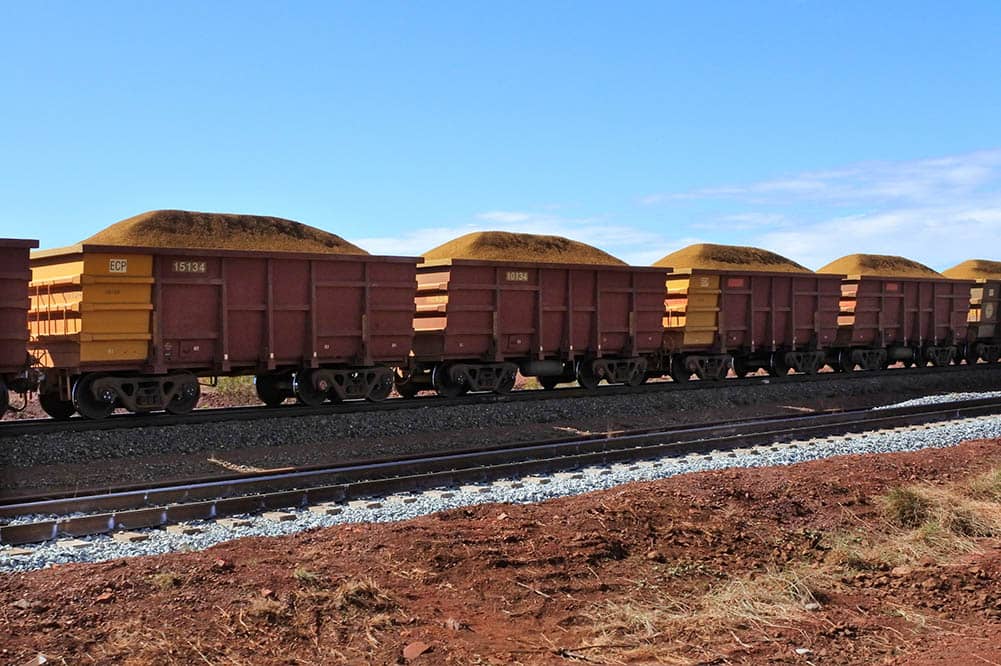Good News for Australian Dollar Bulls as Iron Ore Markets Perk Up
- Written by: Gary Howes

Image © Adobe Images
Higher iron ore prices can help underpin the Australian Dollar outlook.
Iron ore prices have strengthened on an improving steel demand picture in China, according to commodity market specialists.
The news is significant for Australian Dollar watchers, given that iron ore is Australia's leading foreign exchange earner.
According to John Meyer, an analyst at SP Angel - a specialist commodity-focussed brokerage - 62% Fe iron ore prices in China have increased to $108/t.
"The steelmaking ingredient has bounced from recent lows under $99/t," says Meyer. "Mills are reportedly ramping up steel output on improved margins."
CISI data showed that steel production at China's mills rose to 10-month highs.
Compare GBP to AUD Exchange Rates
Find out how much you could save on your pound to Australian dollar transfer
Potential saving vs high street banks:
A$4,875.00
Free • No obligation • Takes 2 minutes
Iron ore plays an important role in the Aussie Dollar's valuation dynamics. Economists have noted a spell of weakness in iron ore prices through 2023 and early 2024 might have contributed to the Australian Dollar's underperformance.
Soft iron demand has been linked to troubles in China's property sector, where stagnant post-COVID demand and unsustainable leverage have resulted in several high-profile property company collapses.
But the rapid expansion of China’s green sector has offset falling property sector-related demand as have a number of stimulus measures announced by the authorities.
"With China’s economy on a firmer footing this year, a major downdraft to AUD from this aspect is becoming less likely," says Alvin Tan, an analyst at RBC Capital. "Australia’s exports to China have actually risen over the past year amid improving diplomatic ties."
Adarsh Sinha, an FX Strategist at BofA's Merrill Lynch unit in Hong Kong, says industrial metals have been supported by strong global demand: "China's iron ore imports rose by 6.6% in 2023 in volume terms despite a nationwide property slump. Resilient Chinese demand was partly a function of increasing exports of steel products last year, and partly by growing demand in non-property steel demand (e.g., auto and infrastructure)".
"The correlation between industrial metals and the AUD has strengthened," says Sinha, who has marked AUD as his favoured commodity currency from a tactical basis.




